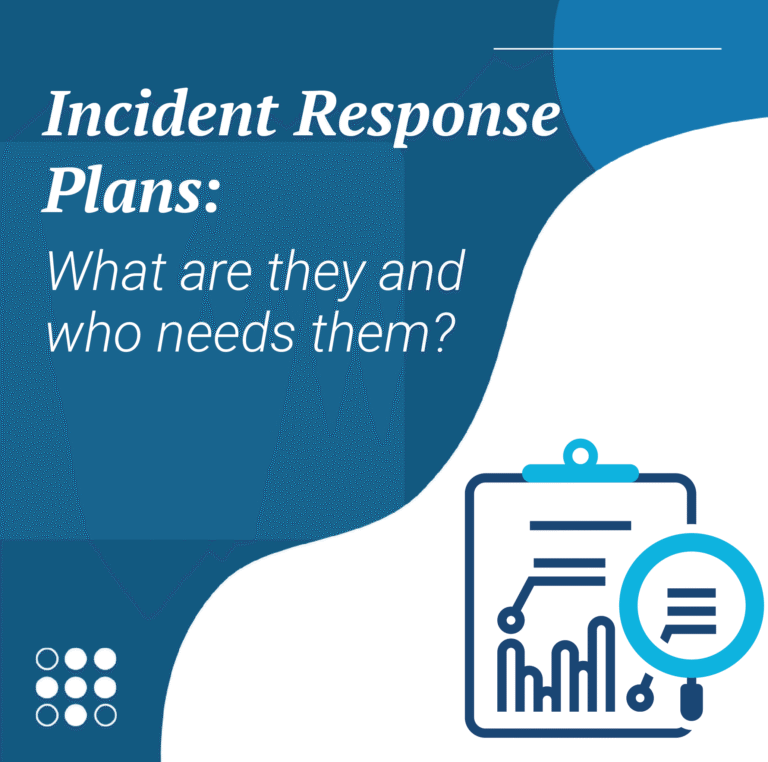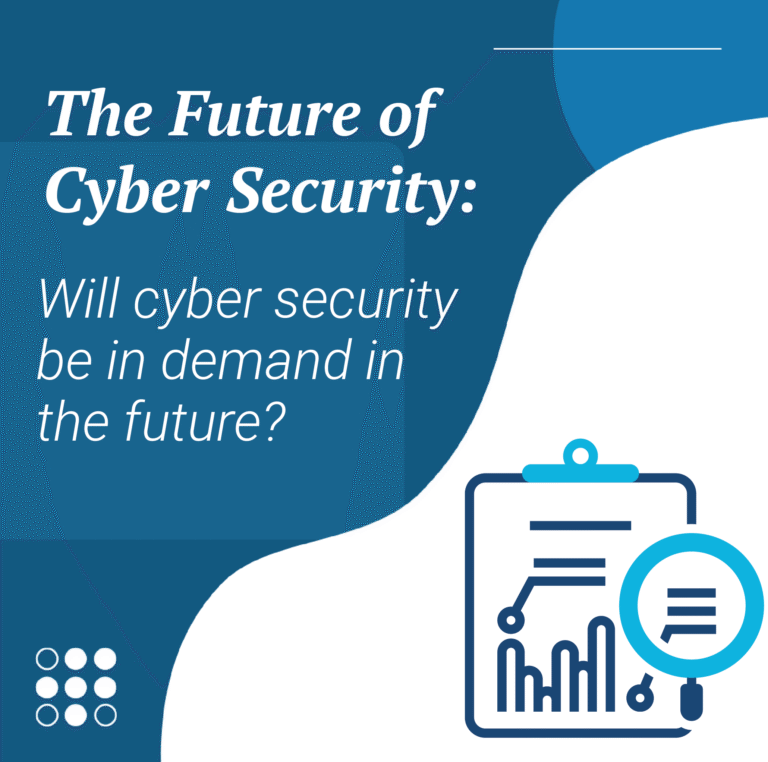
The Register gets it right on AI Model Collapse… and why that matters
It’s rare to see a tech article stop you in your tracks, but The Register just did for me. Their take on AI-generated content as a form of digital pollution is as clever as it is unsettling. “The launch of ChatGPT polluted the world forever, like the first atomic weapons tests” is not just a headline about AI model collapse, it’s a wake‑up call.
Drawing parallels between nuclear contamination and the rising torrent of AI-generated content is audacious… and absolutely spot‑on. As Thomas Claburn from The Register explains, the generative-AI revolution since late 2022 has dumped so much synthetic data into the infosphere that future model generations may degrade in fidelity and creativity – what academics call “model collapse”.
AI vs. low-background steel
Claburn leans into an evocative metaphor by likening the internet’s flood of synthetic content to radioactive contamination in post-war steel. Pre-1945 steel, untouched by the atmospheric radiation released during nuclear testing, remains uniquely valuable for scientific instruments that require uncontaminated material. Former Cloudflare CTO John Graham-Cumming describes pre-2022 digital content as a similar kind of “low-background steel” unpolluted by algorithmically generated text and images.
This metaphor isn’t just catchy. It helps us visualize an abstract and emerging problem: how future models might begin to cannibalize their own output, diluting the data sources.
Balancing urgency with credibility with AI model trends
Claburn also doesn’t indulge in panic or prediction. Instead, it brings together experts that explore what might happen if AI trends continue unchecked.
For example, mathematician Maurice Chiodo warns that every time an AI model is trained on AI-generated content, a layer of distortion is introduced. He raises the concerns that over time, the feedback loop could weaken the very systems we rely on. Rupprecht Podszun, a German legal scholar, adds dimension to this concern by highlighting the societal value of authentic human expression and the need to preserve its presence in training data.
The article also includes other points such as those from Apple and academic Alex Lawsen, who question whether contamination is truly unavoidable or if better filtering and sourcing might mitigate the risk. The result is a more balanced picture.
It’s an emerging structural challenge that deserves both awareness and debate.
The data commons: a shrinking frontier with AI model collapse?
Perhaps most compelling is the article’s subtle but important warning about competitive imbalance. As AI-generated content grows online, the availability of high-quality, human-authored data may diminish, especially for those building models today without prior access to clean datasets.
It’s fair to say those that secured robust, pre-2022 training corpora are in a stronger position. If future AI models draw from increasingly mixed or synthetic sources, it will create barriers to innovation for new entrants and tilt the field toward incumbents. That is not conspiracy thinking. It is a plausible economic outcome worth considering in public policy circles.
AI policy ideas worth exploring
What separates this article from a typical tech think piece is its willingness to ask, “What now?”.
Proposed solutions to include within AI policies include:
- Labeling AI-generated content to make it easier to filter.
- Federated learning, which keeps personal data decentralized and reduces reliance on scraped public content.
- Curated and well-stewarded datasets
Each of these comes with practical limitations, including privacy concerns, watermark evasion, and questions of enforcement.
A broader cultural resonance
The Register article also succeeds in reframing how we think about AI’s long-term effects. Instead of praising short-term conveniences, it considers AI’s influence on the health of our digital culture. Are we nurturing a future of originality, or merely refining a loop of recycled outputs?
This is a major creative and social dilemma. Because what we get out of AI depends heavily on what’s fed into it.
Final thoughts on the AI model collapse
The Register has delivered a rare thing in the tech journalism world: a story that doesn’t just report but provokes. It brings model collapse out of the lab and into the public square with urgency, precision, and humanity.
As professionals in the digital risk space, we often say that threats don’t always look like attackers. Sometimes they look like slow drift. Or erosion. Or unintended consequences. That’s what makes this story so important.
It’s a nudge to ask better questions today. Which is also exactly what good risk management should do.


